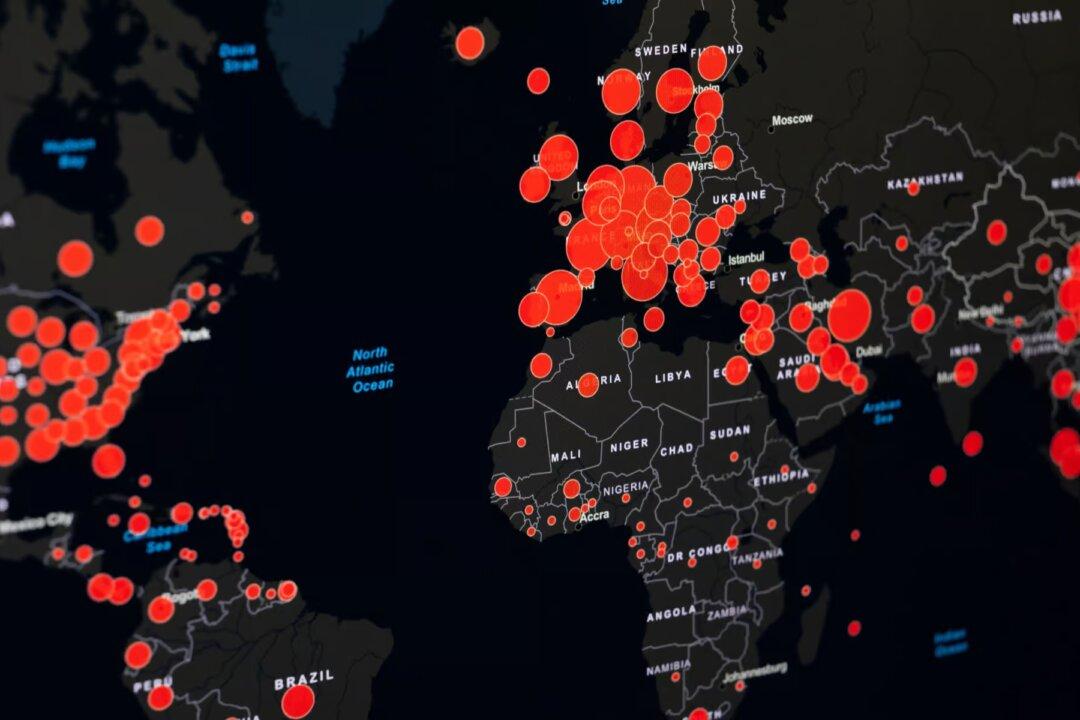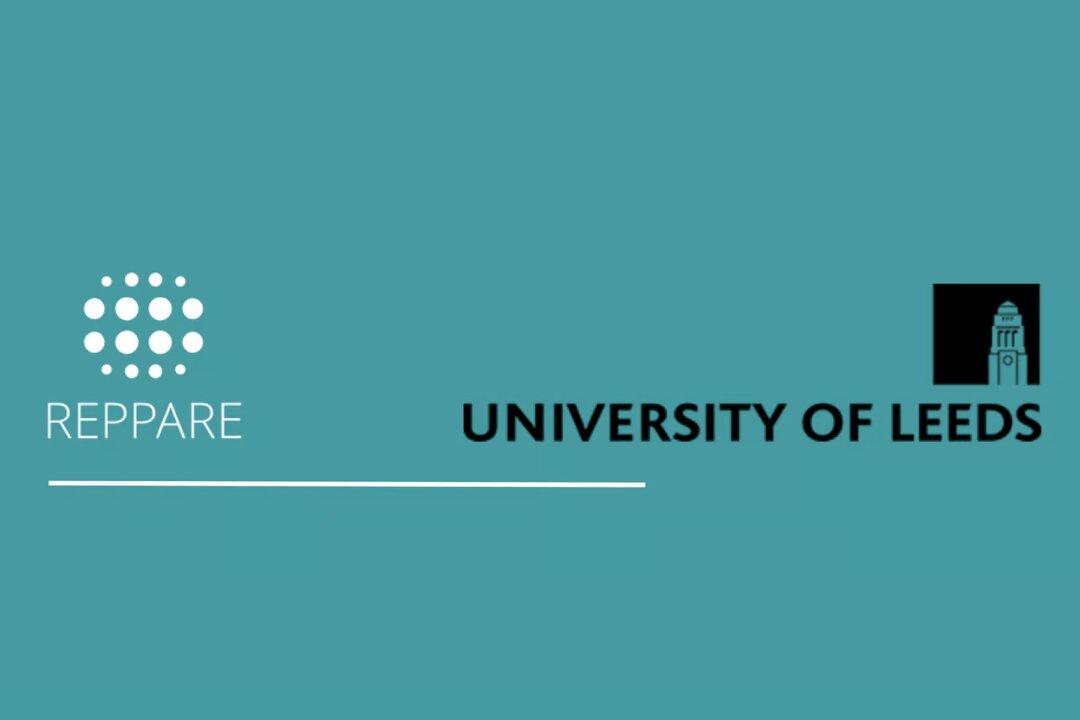This is an initiative of the University of Leeds, supported by Brownstone Institute, to clarify the evidence base on which history’s largest public health program is being built.
Public health serves a vital role in strengthening population resilience to threats to well-being and in responding to such threats when they occur. This requires a holistic approach that recognizes both the interconnection between humans and their environment, and the broad scope of “health”—internationally defined as spanning “physical, mental and social well-being and not merely the absence of disease or infirmity.”





